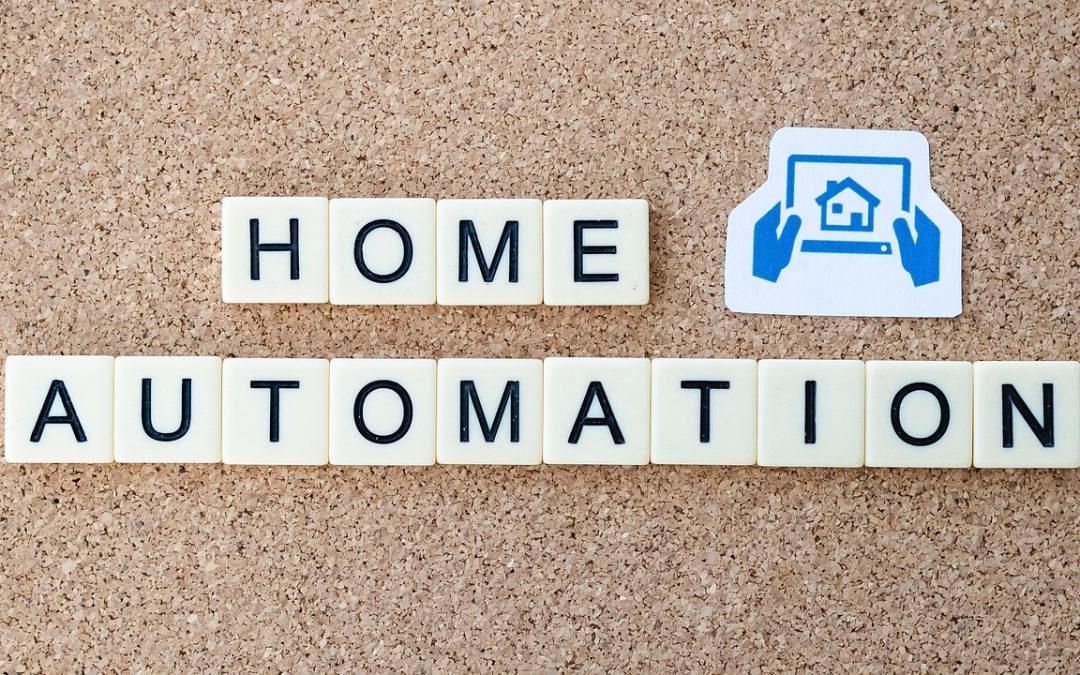As smart home devices like Alexa and Google Home become a part of our daily lives, it’s natural to wonder: what happens when law enforcement comes knocking, seeking access to these devices? Can they just ask to listen in or demand access? What are your rights, and how can you navigate these situations safely and confidently?
Understanding Police Requests for Access
When law enforcement asks to access your smart home devices, it’s essential to remember that they’re not just asking for a casual conversation. They’re seeking evidence, and that requires a clear understanding of the legal framework surrounding such requests. The Fourth Amendment protects individuals from unreasonable searches and seizures, which includes the contents of your smart home devices. This means that, generally, law enforcement needs a warrant to access your devices or the data they’ve collected.
However, there are exceptions to this rule. For instance, if law enforcement has probable cause to believe that a crime is in progress or that evidence is about to be destroyed, they may enter your premises without a warrant. Additionally, if you provide consent to access your devices, they may not need a warrant. This is why it’s crucial to understand your rights and assert them appropriately.
Navigating Police Interactions
When dealing with law enforcement, it’s essential to stay calm, respectful, and informed. Here are some practical tips to keep in mind:
- Avoid arguing or being confrontational. Instead, focus on understanding their request and the legal basis for it.
- Don’t lie or provide false information. This can lead to more severe consequences and undermine your credibility.
- Ask to see a warrant or the legal basis for their request. This is your right, and it can help you understand the scope of their investigation.
- Don’t feel pressured to provide access or consent. You can always ask to speak with a lawyer before making any decisions.
A Quote to Guide Your Interactions
The right to be left alone – the most comprehensive of rights and the right most valued by civilized men.
This quote from Justice Louis Brandeis’s dissent in Olmstead v. United States (1928) highlights the importance of protecting individual rights and privacy. It serves as a guiding principle for your interactions with law enforcement, reminding you to assert your rights confidently and respectfully.
In conclusion, remember that safety and de-escalation are just as important as asserting your rights. Stay informed about local laws and regulations, and don’t hesitate to seek legal counsel if you’re unsure about any interactions with law enforcement. By being prepared and knowledgeable, you can navigate these situations with confidence and protect your rights.
The information at Observed.Org may not pertain to every jurisdiction. It is YOUR responsibility to know your rights and observe them. Nothing here should be considered legal advice.

